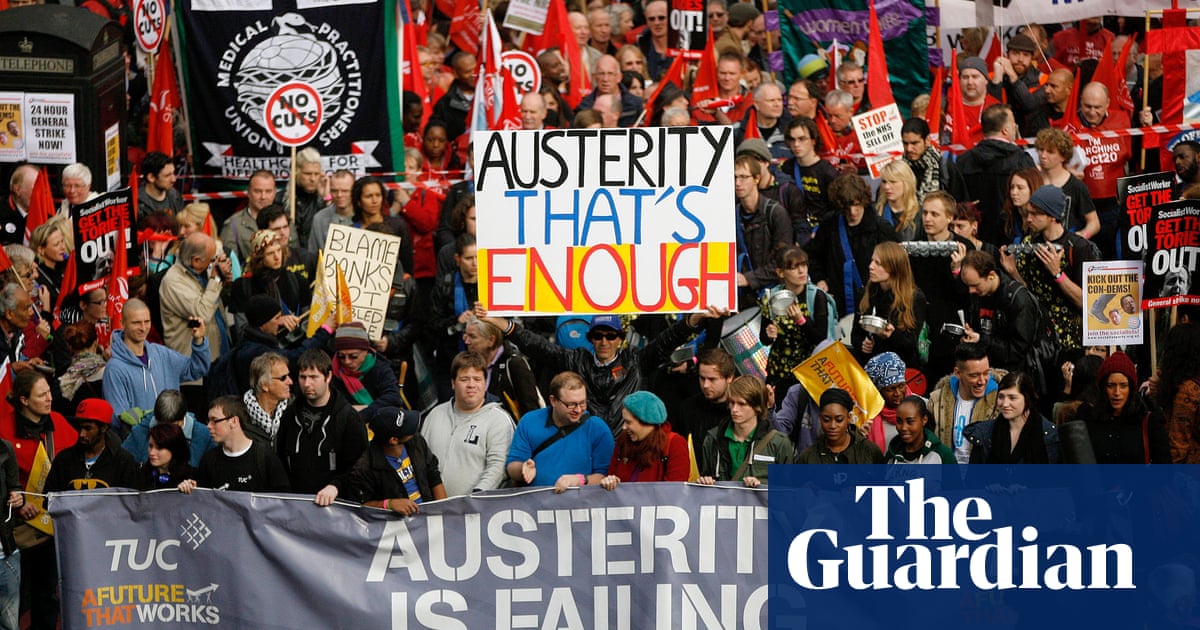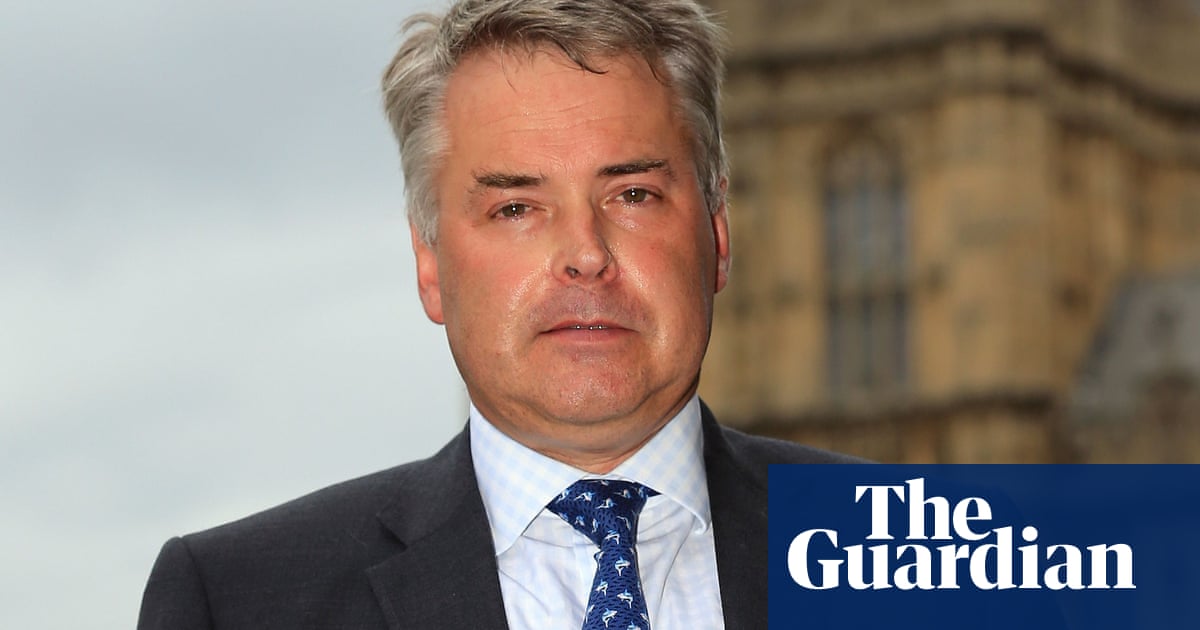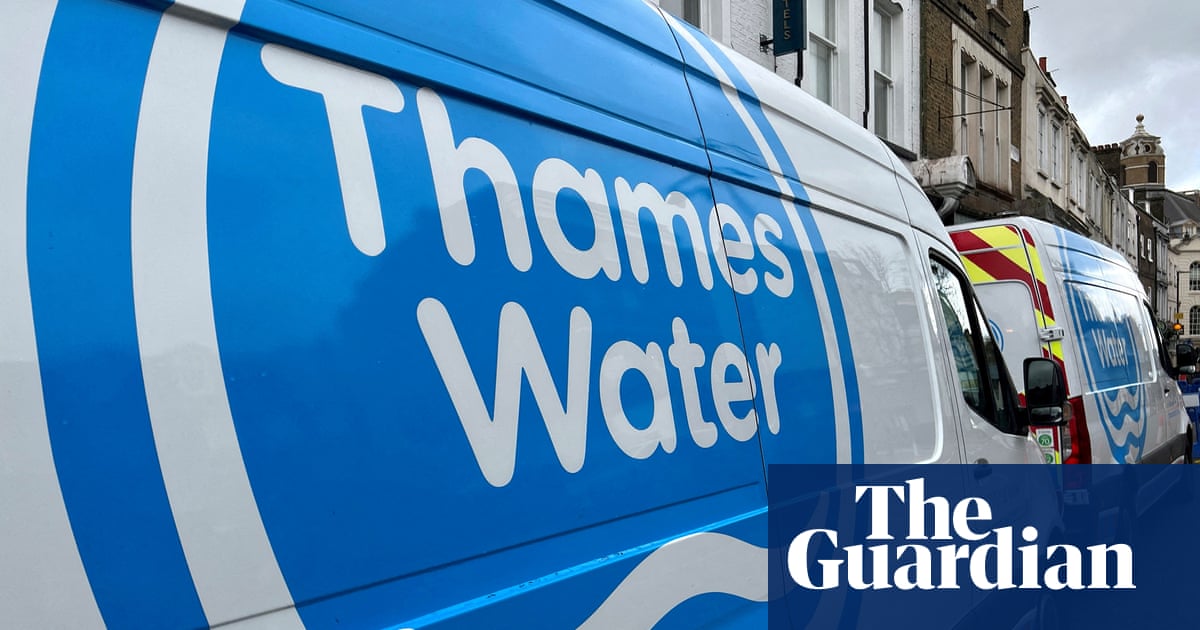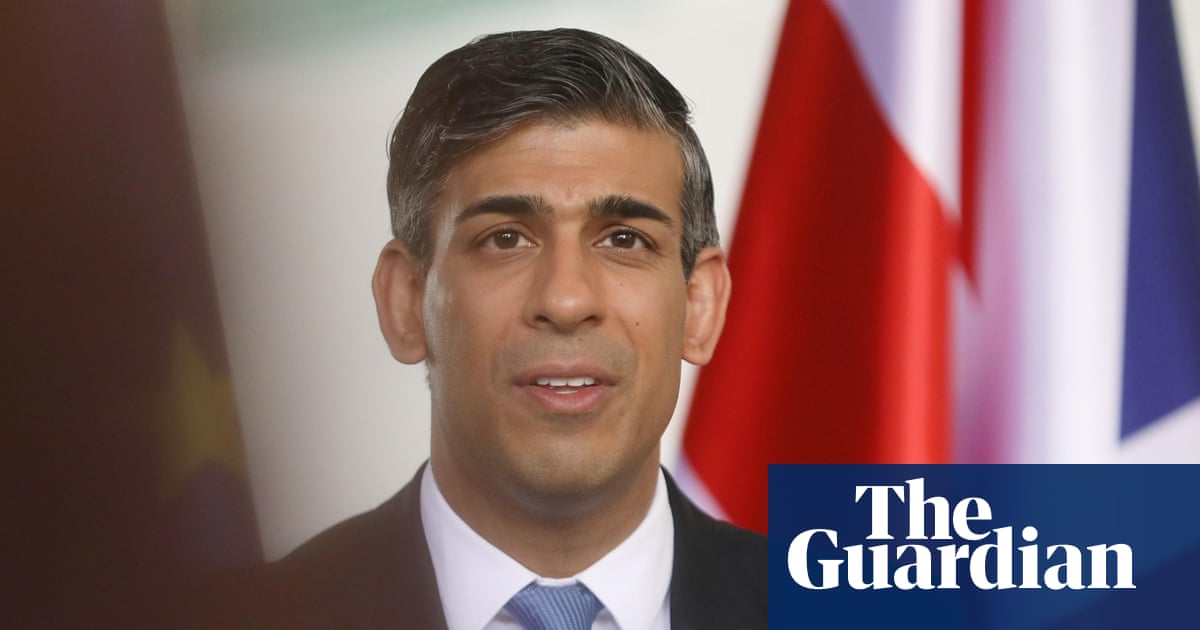NHS tops poll of votersâ concerns as latest strike threatens further havoc | NHS
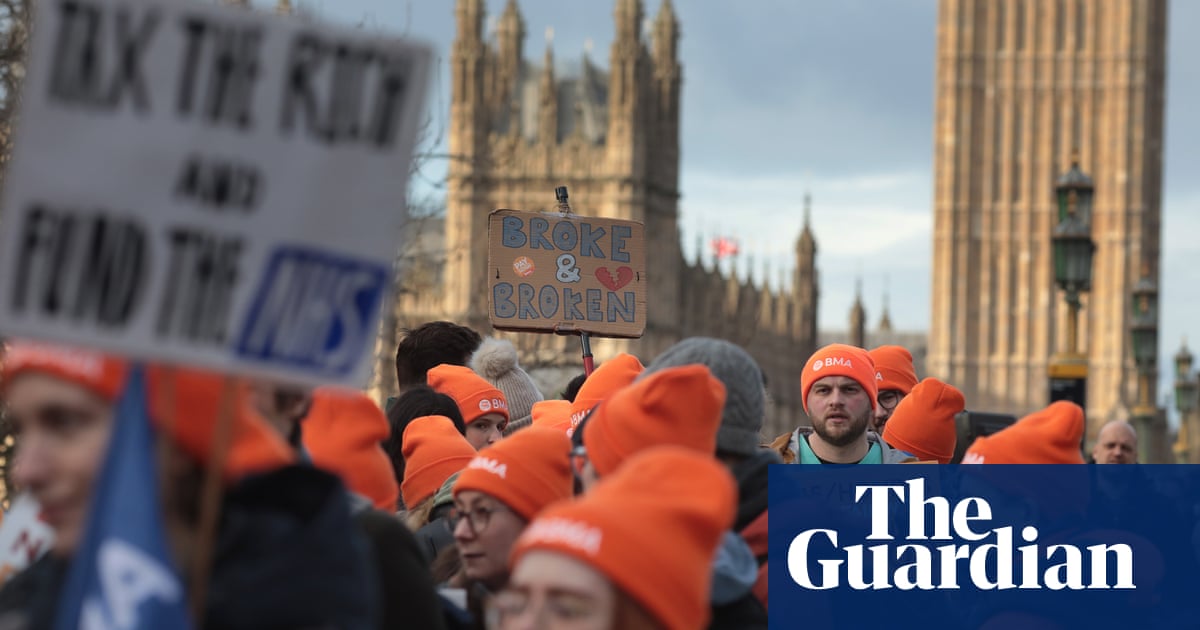

The NHS has overtaken soaring prices as the issue most Britons believe is the biggest challenge facing the UK, new polling has found.
The NHS in England is bracing itself for the latest strike by junior doctors, which starts at 7am on Saturday.
Health service leaders have warned that the five-day walkout â the 11th stoppage by junior doctors in 10 months â will send âshockwavesâ through a service that is already struggling to cope with winter ailments, staff shortages and a huge backlog of care.
Hospitals across England are expected to yet again postpone tens of thousands of operations and outpatient appointments as they redeploy staff to cover for the loss of many of their medics and keep urgent and emergency care, such as A&E, running as smoothly as possible.
Data from pollsters Ipsosâs issues index, which tracks changes in public opinion over time, found that, when asked to identify the most pressing issues facing Britain, more people named the NHS than any other. Just over one in three (34%) said the NHS, hospitals and healthcare was among the most important issues, 3% more than did so last month.
The economy remained the second most commonly identified issue on 29%, while inflation has slipped from first place last month to third in the latest edition of the survey, which is based on a representative sample of 1,008 adults across Britain.
While 32% identified inflation/prices as a key issue in January, fewer â 26% â did so when polling was undertaken during 7-13 February.
âWe know that the NHS is a perennial issue for the public, but now we are seeing concerns about it overtaking other issues that have occupied top spot over recent years,â said Anna Quigley, a director at Ipsos.
âFeeding into this will be the problems of long waiting times, overrun A&Es, striking staff and crumbling estates, all of which people will have heard about in the media recently, even if they havenât experienced it themselves.
âWe know the public are worried about the future of the NHS, but this doesnât mean they have given up on it; they want to ensure that the NHS is there for them and their family when they need it in the future.â
Opposition parties seized on the results as evidence of deep public concern at the fragile state of the NHS, which after 2010 faced years of tiny budget rises and an increasing lack of staff.
âItâs no surprise that people are increasingly concerned by the appalling state the Conservatives have left our NHS in,â said Wes Streeting, the shadow health secretary.
âAfter 14 years of Tory incompetence and neglect, patients find it impossible to get an appointment, ambulance or operation when they need one. Imagine the damage they could do with five more years,â he added.
âThere is light at the end of the tunnel. A Labour government will deliver 2m more operations and appointments a year to get the NHS back on its feet, paid for by abolishing the non-dom tax status. With Labour, the NHS will be there for you when you need it, once again.â
Julian Hartley, the chief executive of hospitals group NHS Providers, said the latest junior doctorsâ strike would leave the service facing âa near-impossible taskâ in its drive to reduce the backlog of hospital procedures â about 6.5 million people are waiting for 7.6m different operations.
âEvery strike sends shockwaves through the NHS, impacting patients and staff with little time to recover in between. Trust leaders have put plans in place to keep patients safe but they are dreading another walkout from junior doctors,â he said.
after newsletter promotion
âThe scale and duration will have long-lasting ramifications. Over 1.4m hospital, mental health and community appointments and procedures have already been pushed back due to industrial action. No one in pain or distress should have to wait a second longer than they need to given conditions could worsen.â
Strikes since December 2022 by NHS staff, including nurses, ambulance personnel and consultant doctors, have cost the NHS around £3bn, Hartley added.
Ipsosâs findings suggest the NHS will be a main issue in the general election widely expected to take place later this year. They also bode well for Labour, who are traditionally seen as the party most closely associated with the service and supportive of it.
Separate polling last week by Survation, reported by the New Statesman, found that Labourâs commitment to âbuilding an NHS fit for the futureâ is by far the most popular of its five âmissionsâ. When asked which of the five they saw as the most important, 44% of voters chose that one.
In contrast, the other four missions all received less backing: halving violent crime (19%), delivering clean electricity by 2030 (14%), achieving the highest growth in the G7 (13%) and removing barriers to opportunity through better childcare and education (10%).
Ed Davey, the Liberal Democrat leader, echoed Streetingâs claim that 14 years of Tory rule has left the NHS much-diminished.
âThe Conservative party can never be trusted with the NHS after their appalling legacy of record waiting lists and crumbling hospitals,â he said.
âThe country is crying out for more GP appointments, yet Rishi Sunak spends his time peddling culture wars to keep his own MPs happy.
âAt the next election Rishi Sunak will be judged on his broken promises on the NHS, which has left millions in pain and stifled our economy.â
Source link

